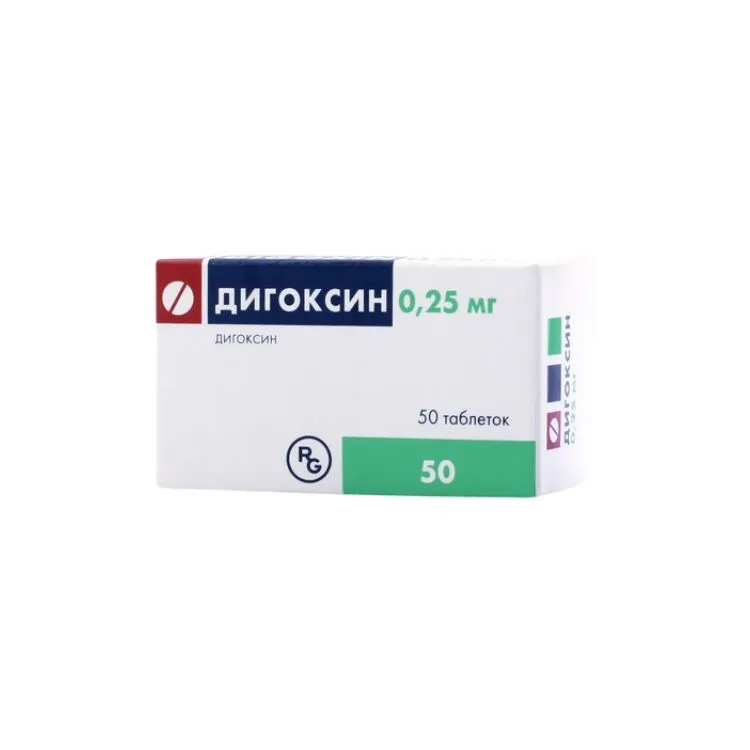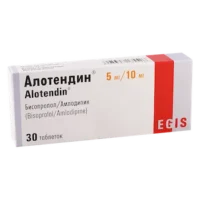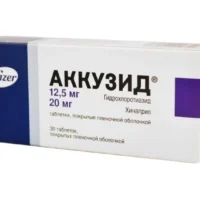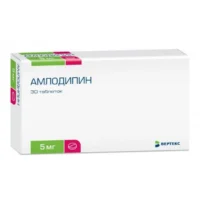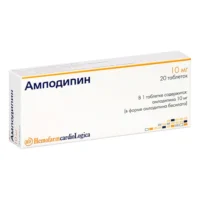Description
Digoxin Tablets 0.1 mg
Composition
Active ingredient: Each tablet contains Digoxin 0.1 mg.
Mechanism of Action
Digoxin, a cardiac glycoside, acts by inhibiting the sodium-potassium ATPase pump, resulting in elevated intracellular calcium levels and enhanced cardiac contractility.
Pharmacological Properties
Digoxin improves cardiac output and reduces heart rate by increasing myocardial contractility. It also has positive inotropic effects on the heart.
Indications for Use
Indications: Digoxin is prescribed for the management of heart failure and atrial fibrillation.
Contraindications
Contraindications: Digoxin should not be administered to patients with ventricular fibrillation. Caution is advised in individuals with specific heart conditions.
Side Effects
Common side effects of Digoxin include nausea, vomiting, visual disturbances, and irregular heartbeat. Monitoring for signs of digoxin toxicity is crucial during treatment.
Usage Instructions
Dosage: The typical maintenance dose is 0.125-0.25 mg once daily, with adjustments based on individual patient needs. Follow the dosage instructions provided by your healthcare provider and avoid exceeding the recommended dose.
Benefits Compared to Analogues
Digoxin has demonstrated efficacy in reducing hospitalizations related to heart failure exacerbations and improving symptoms in atrial fibrillation patients. Its positive inotropic effects contribute to enhanced cardiac function.
Suitable Patient Groups
Digoxin can be used in various patient populations, including adults, elderly individuals, and pediatric patients under appropriate medical supervision.
Storage and Shelf Life
Store Digoxin tablets in a cool, dry place away from moisture and sunlight. Check the expiration date on the packaging and do not use the product beyond the stated shelf life.
Packaging Description
The product is available in vials containing 50 tablets of Digoxin 0.1 mg each.
Clinical Evidence and Proven Effectiveness
Studies have shown that Digoxin effectively reduces heart failure exacerbations, lowers the risk of hospitalization, and enhances quality of life in patients with atrial fibrillation. Clinical trials have confirmed its positive impact on cardiac output and heart rate in heart failure patients.

